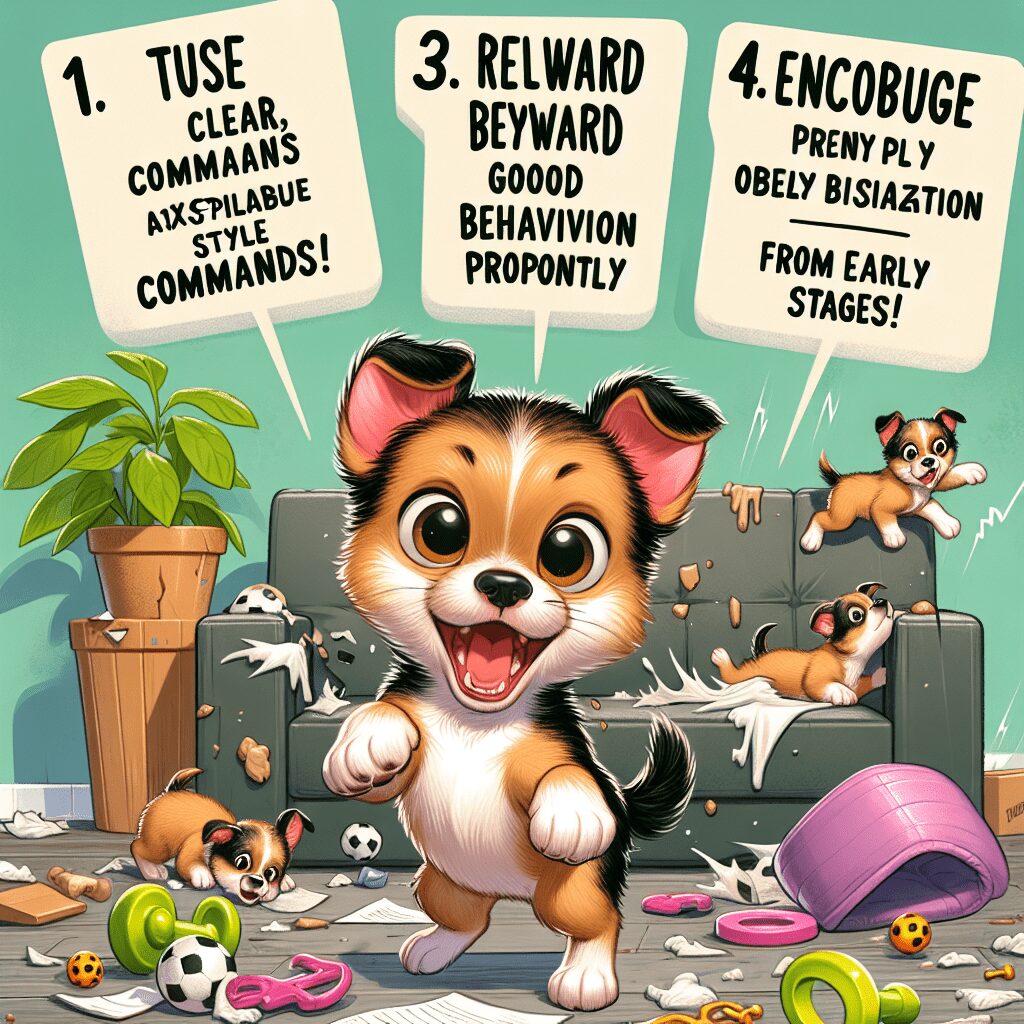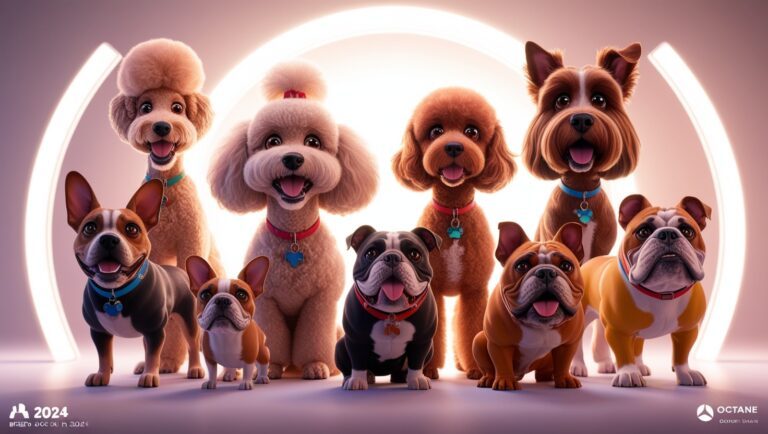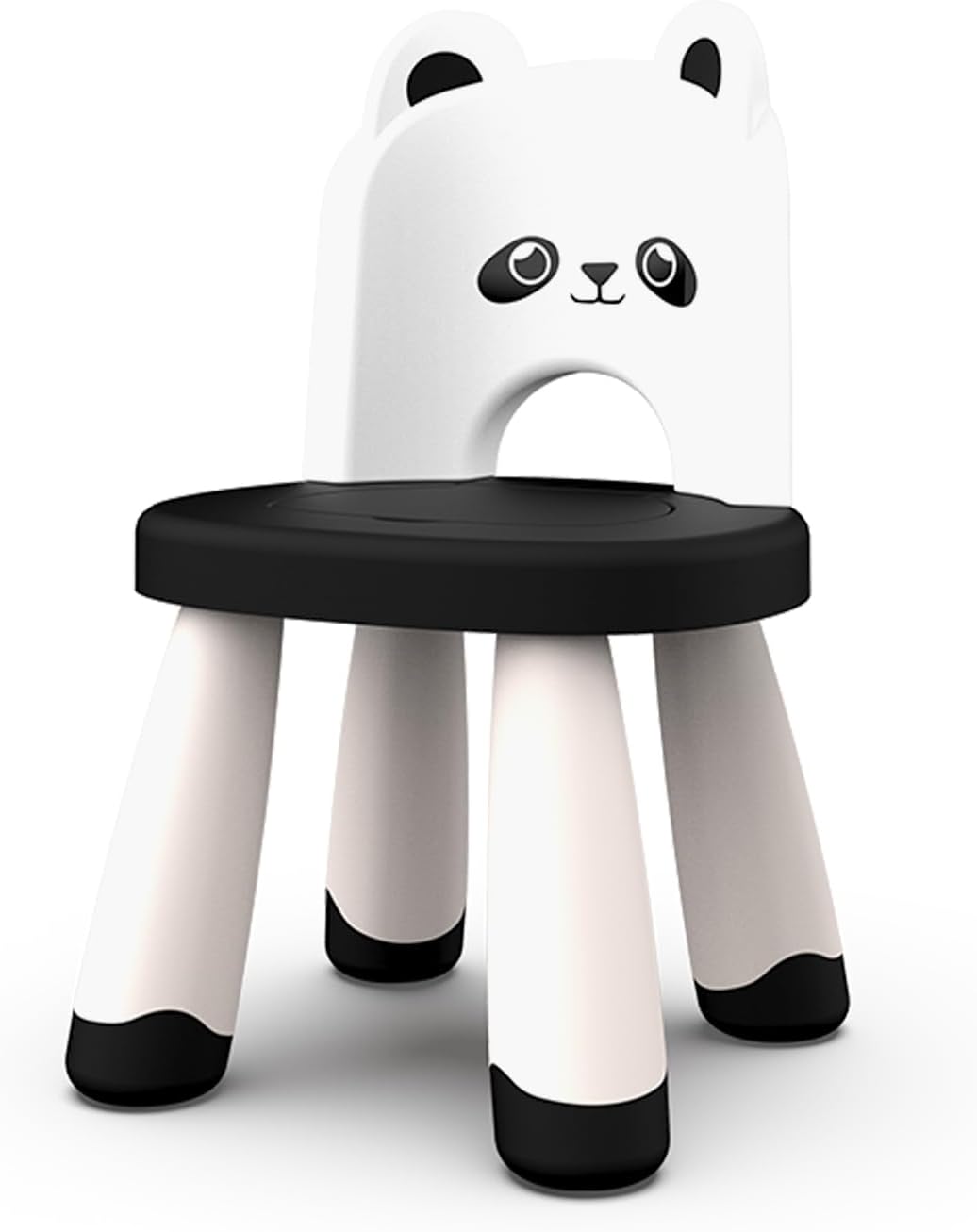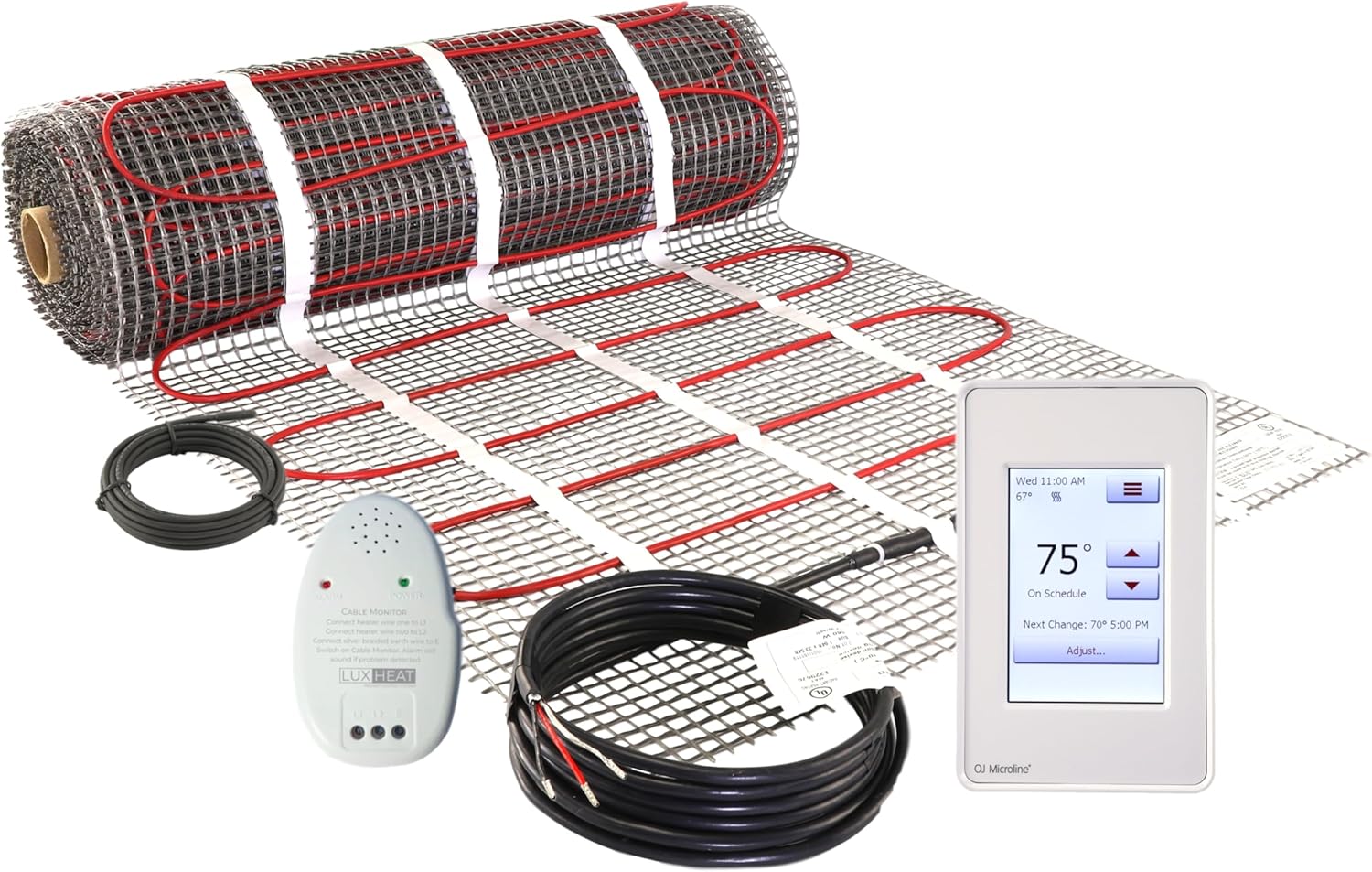
New Puppy? Start Off Right with These Essential Training Tips!
Bringing a new puppy into your life is an exciting adventure that comes with a unique set of joys and responsibilities. As a dog lover and veteran dog trainer, I understand the delight and challenges of nurturing a young furry friend. From wagging tails to playful barks, every moment is a treasure, but it’s essential to set the right foundation through effective training. Let’s dive into this journey together, ensuring you and your puppy thrive in harmony from day one.
Understanding Your Puppy
Puppies are curious, energetic, and full of love. However, they also require guidance as they navigate their new home. Understanding your puppy’s needs is crucial. Here are some key areas to focus on:
- Socialization: Introduce your puppy to different people, environments, and other animals. This helps reduce anxiety as they grow.
- Routine: Establish a consistent daily schedule for feeding, playtime, and potty breaks. Puppies thrive on routine.
- Patience: Training takes time. Puppies learn at their own pace, so maintain a calm demeanor and encourage their efforts.
Taking the time to understand these aspects will create a nurturing atmosphere for your pup, promoting their happiness and security.
Essential Training Techniques
Getting your puppy started on the right paw with training will pay dividends as they grow. Here are effective techniques that have worked for me and many others:
- Positive Reinforcement: Reward good behavior with treats, praise, or playtime. This method builds trust and promotes good habits.
- Command Basics: Start with basic commands like "sit," "stay," and "come." Use consistent phrasing to avoid confusion.
- Potty Training: Designate a specific area for bathroom breaks. Praise your puppy immediately after they go in the right spot, reinforcing the desired behavior.
Common Training Challenges
Every new puppy owner might face some challenges during training. Here are some common issues and their solutions:
- Biting: If your puppy nibbles on hands or furniture, redirect their attention to a chew toy. This discourages unwanted chewing.
- Jumping: When your puppy jumps on you or visitors, turn away and ignore them until they calm down. Reward them once all four paws are on the ground.
- Separation Anxiety: Gradually increase the time you spend apart from your puppy. Begin with short intervals and work your way up, providing comfort items when you leave.
These challenges may seem daunting, but with consistency and understanding, you’ll guide your puppy through any hurdles they encounter.
Constructing a Training Environment
Creating the right environment fosters successful training. Consider these factors in your space:
- Safe Space: Designate an area for training free from distractions, where your puppy can focus on learning.
- Training Materials: Invest in a few quality items such as clickers, treats, and toys to keep sessions fun and rewarding.
- Daily Training Schedule: Set aside time each day for training sessions, even if they are short. Consistency is vital for reinforcement.
Your environment sets the stage for your puppy’s success. A well-organized space not only enhances focus but also makes training an enjoyable experience for both of you.
Making Training Fun
Finally, incorporate activities that make learning an enjoyable experience for your puppy! Here are some engaging ideas:
- Games: Play tug-of-war or hide-and-seek using toys to stimulate your pup’s natural instincts.
- Training Outdoors: Take training sessions outside for a change of scenery. The smells and sounds can make learning feel like an adventure!
- Group Classes: Enroll in local training classes where your puppy can socialize and learn from skilled trainers. This enriches their experiences and builds your confidence.
By infusing your training with playfulness and variety, you’ll create a positive association with learning, leading to a more obedient pup.
FAQs
Q: How often should I train my puppy?
A: Short, regular sessions of about 5-10 minutes several times a day are perfect for puppies’ attention spans.
Q: When can I start training my puppy?
A: Begin training as soon as you bring your puppy home; they absorb lots of information at a young age!
Q: What if my puppy doesn’t respond to commands?
A: Stay patient and try different rewards. Some dogs respond better to praise, while others prefer treats.
Q: How can I stop my puppy from barking excessively?
A: Identify the reason for barking and address it. Teach a "quiet" command and reward when they stop barking.
Q: What’s the best way to introduce my puppy to other dogs?
A: Arrange controlled playdates with friendly dogs after your puppy has received vaccinations and feels comfortable.
Instantly Access Your FREE Children’s Books Here!
Disclaimer: As an Amazon Associate, I earn from qualifying purchases. I may earn a commission from qualifying purchases as an affiliate. Please note that I only recommend products I believe will provide value to my readers.






